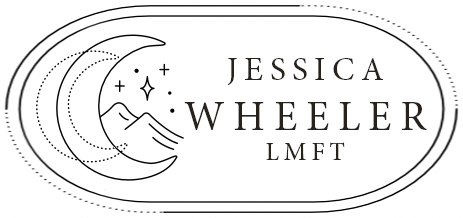Tik Tok and Mental Health Diagnosis
Self-diagnosis is a growing trend, with the rise of social media platforms like TikTok making it easier than ever to access a wide variety of mental health information. However, while it may be tempting to use these platforms as a way to diagnose yourself or others, it's important to remember that self-diagnosis can be both inaccurate and dangerous. Here are a few reasons why diagnosing yourself from TikTok (or any other social media platform) is not a good idea.
Not all information on TikTok is accurate: TikTok is a platform that is open to everyone, which means that anyone can post information about health and wellness. Unfortunately, not all of the information on TikTok is accurate or evidence-based. Some of it may be based on personal anecdotes or opinions, rather than scientific research. This means that if you're relying on TikTok to diagnose yourself, you may be basing your diagnosis on information that is not accurate or reliable.
TikTok does not take into account your individual medical history: Every person's medical history is unique, and certain conditions may present differently in different people. When you're self-diagnosing from TikTok, you're not taking into account your own individual medical and mental health history, which could lead to a misdiagnosis. For example, a condition that may present as a symptom in one person may not be the same for another person
TikTok cannot diagnose serious conditions: Many conditions require a proper medical examination and testing to be diagnosed. Such conditions include serious diseases like cancer, heart disease, or neurological disorders. They cannot be diagnosed just by looking at symptoms online or reading some online content.
TikTok can cause unnecessary anxiety: When you're self-diagnosing, it's easy to become fixated on the worst-case scenario. This can lead to unnecessary anxiety and stress, which can have a negative impact on your overall health and well-being.
TikTok can lead to delayed diagnosis: When you self-diagnose, you may not seek out the help of a mental health professional, which could lead to a delayed diagnosis. This delay can put you at risk, especially if your mental health is serious.
In conclusion, while TikTok can be a great source of information and inspiration, it's not a substitute for a proper medical or mental health diagnosis. If you have any concerns about your mental health, it's always best to consult with a healthcare professional. They will be able to provide you with accurate, evidence-based information and help you make informed decisions about your mental health.
